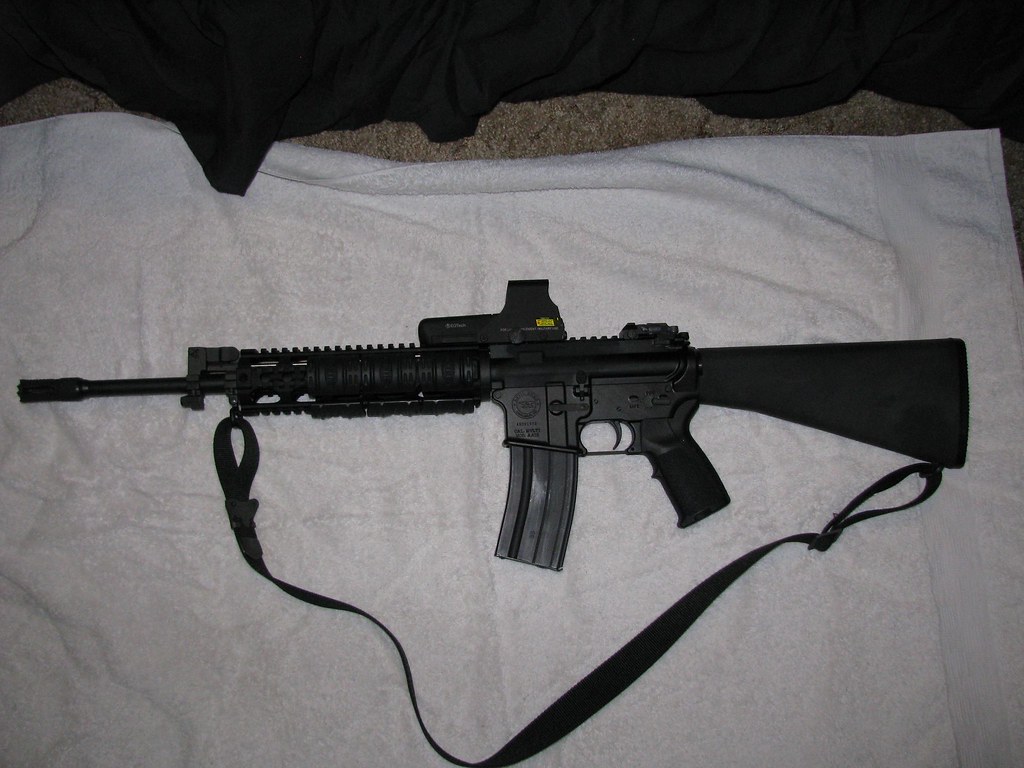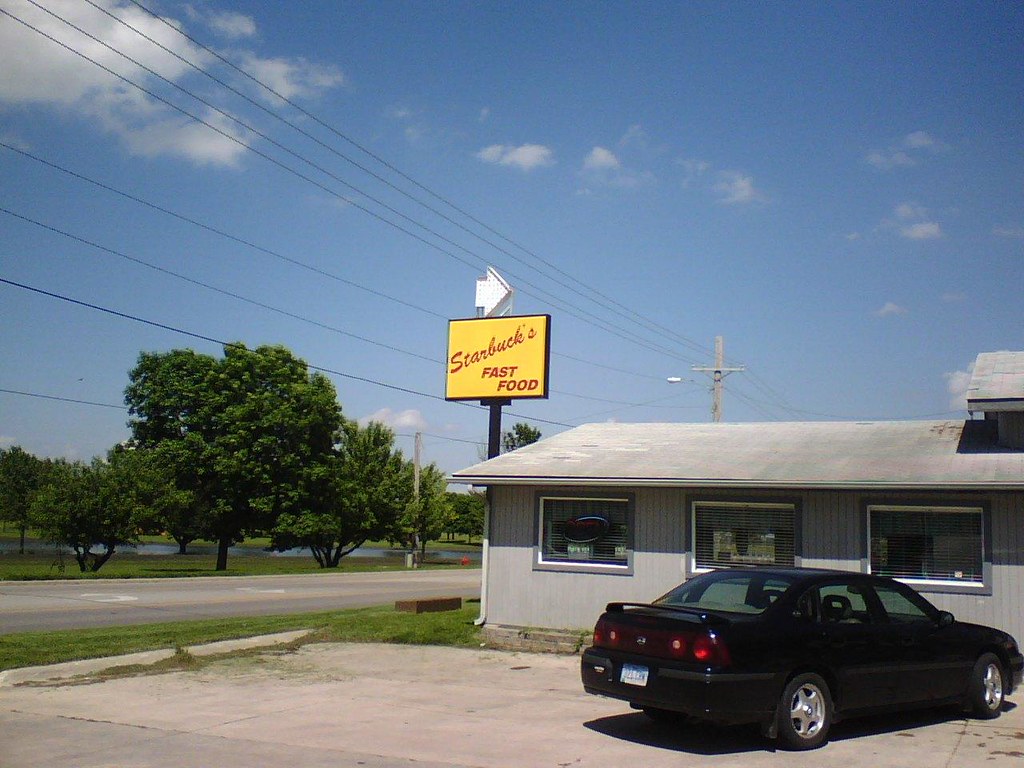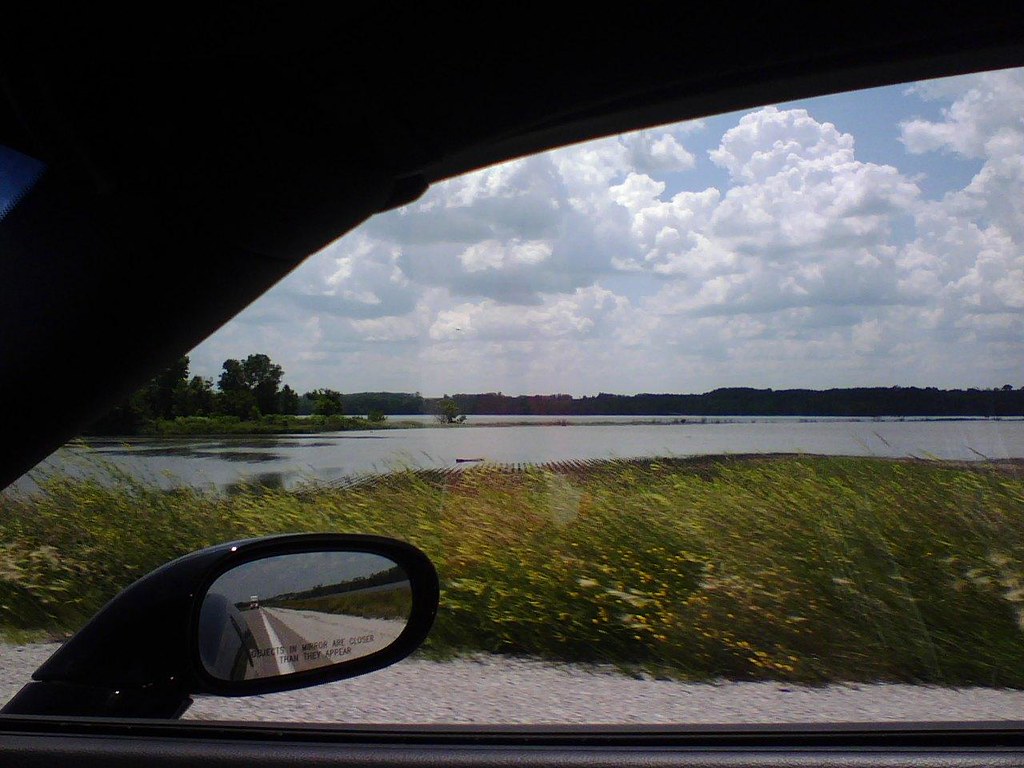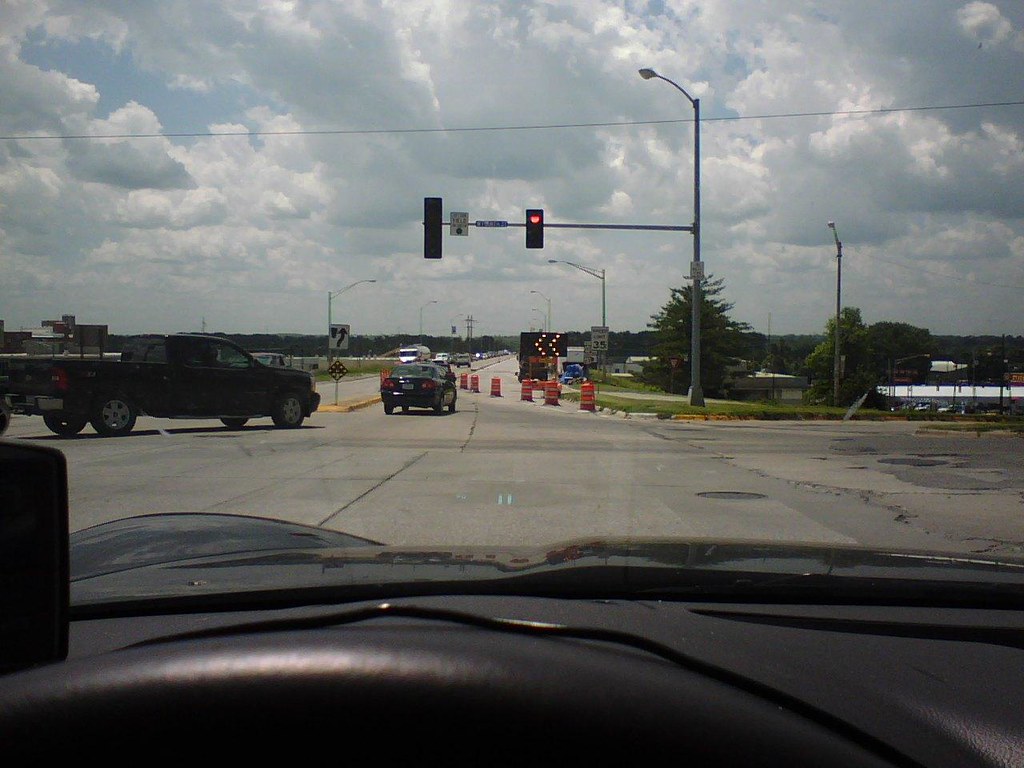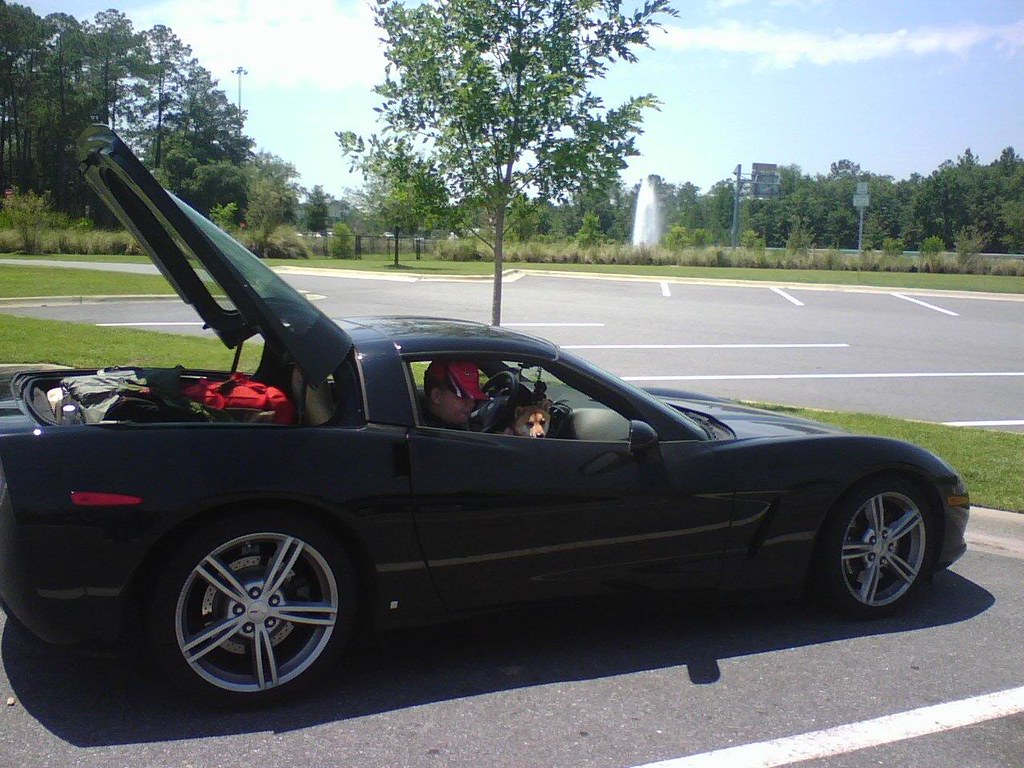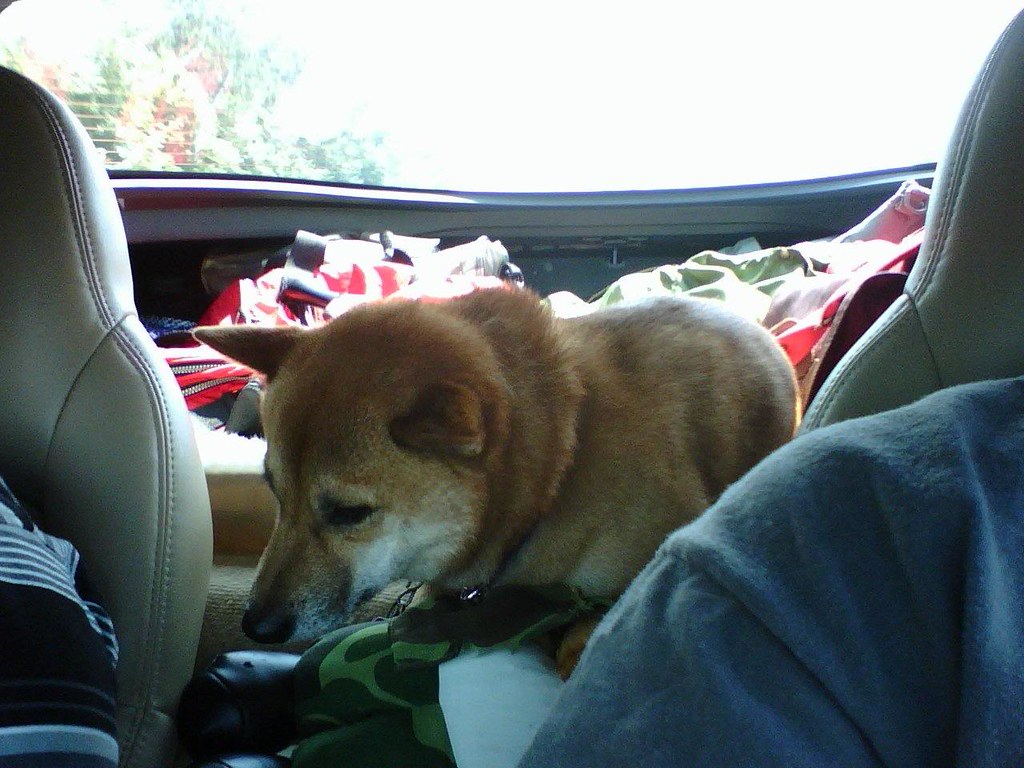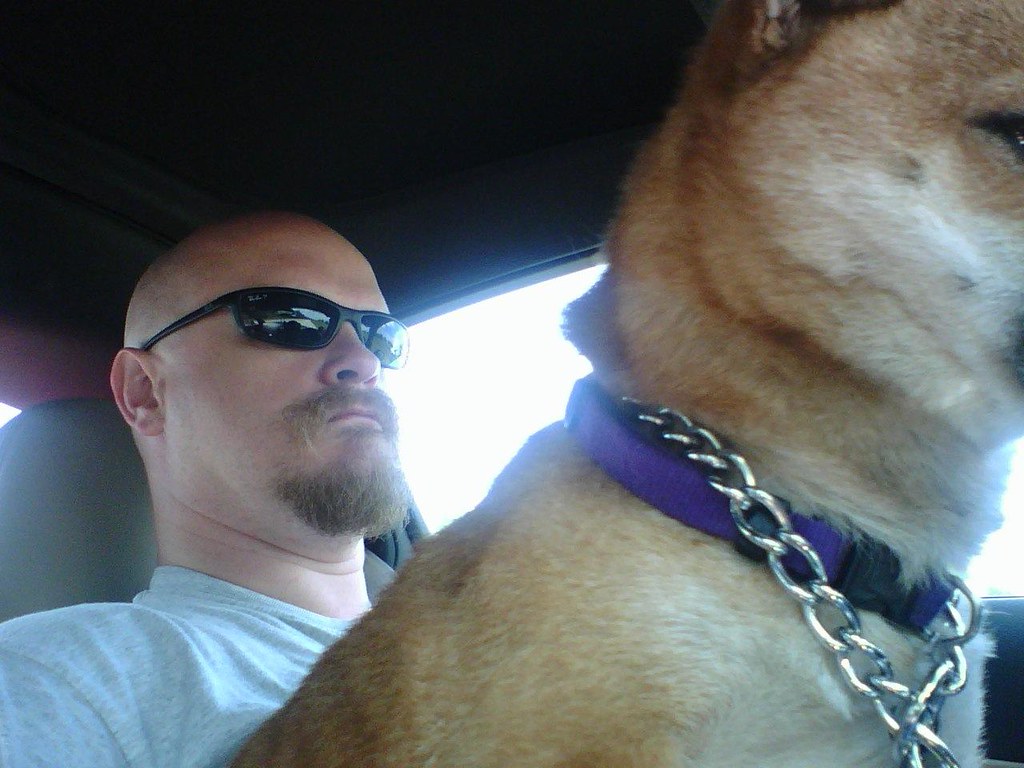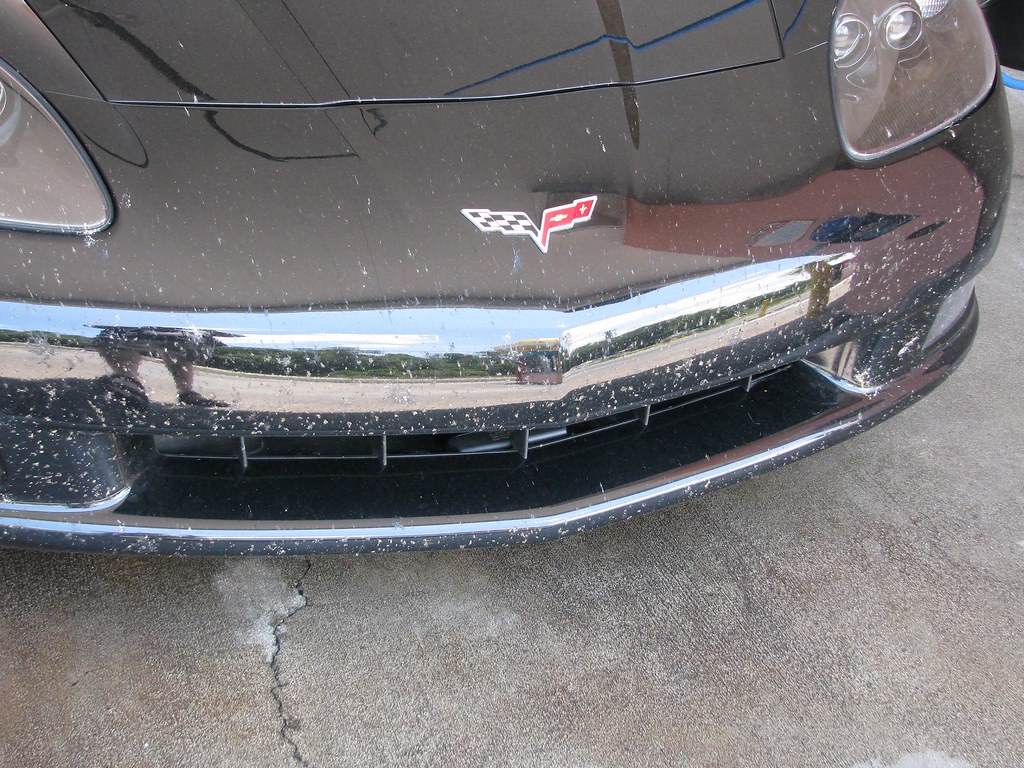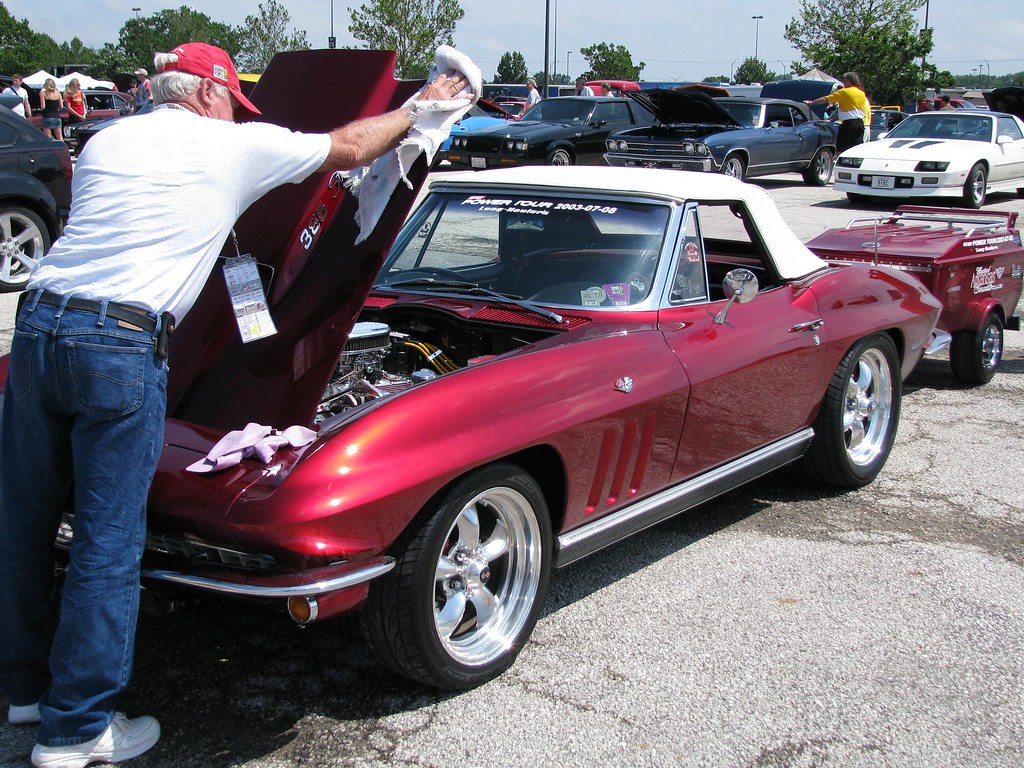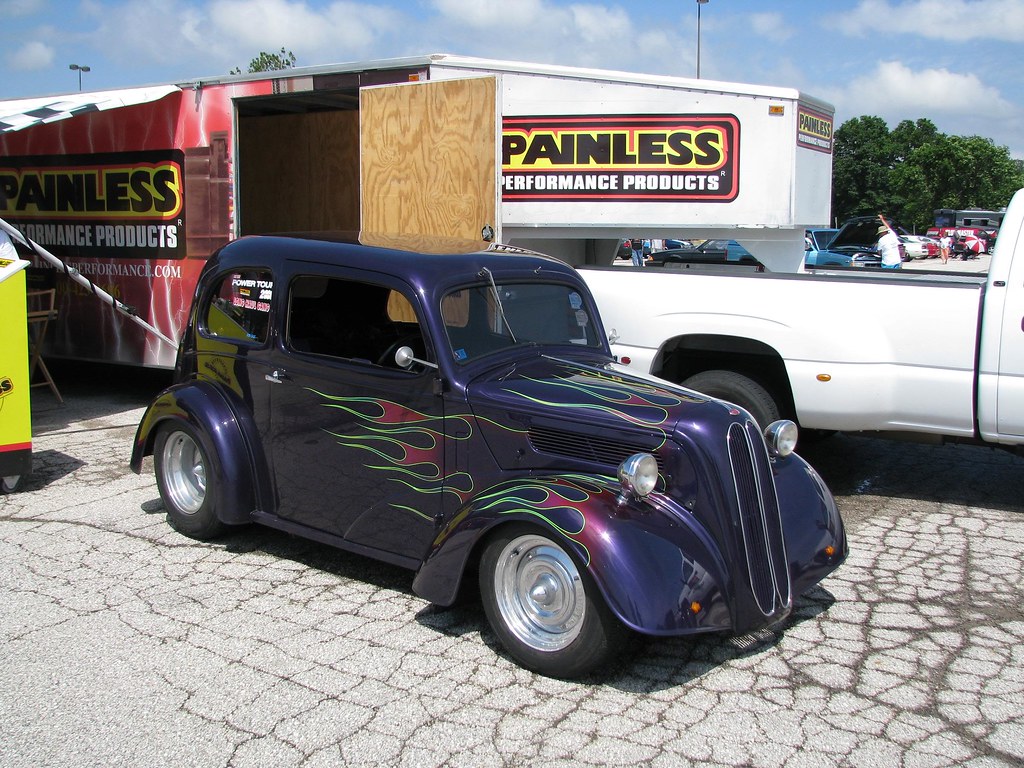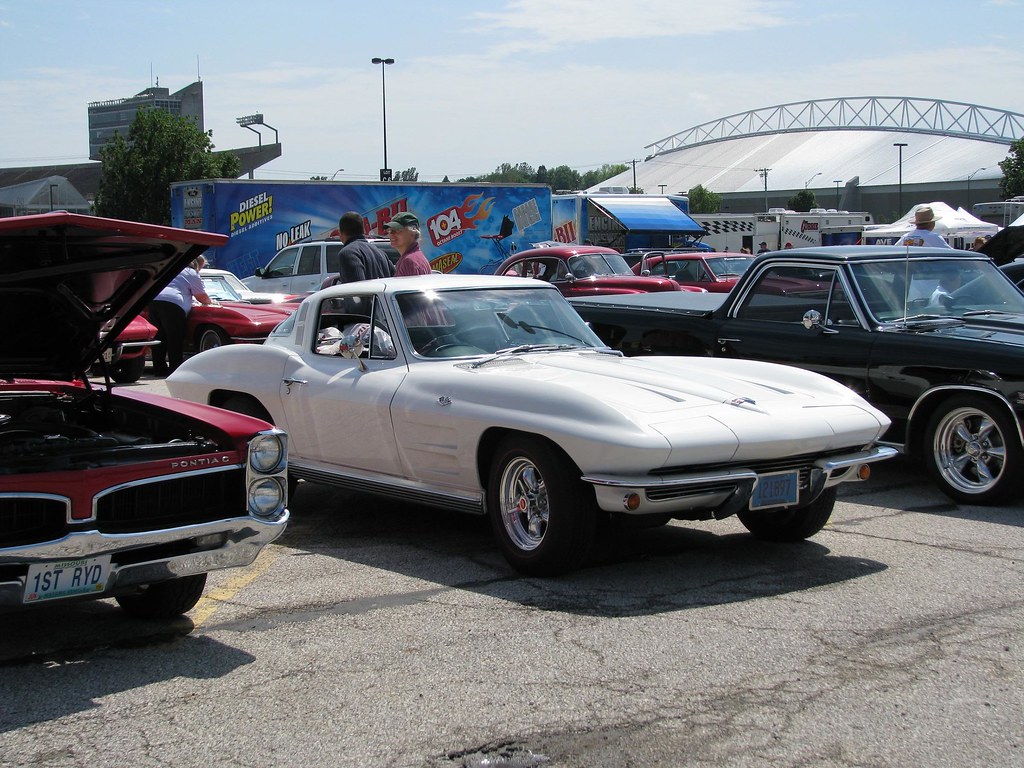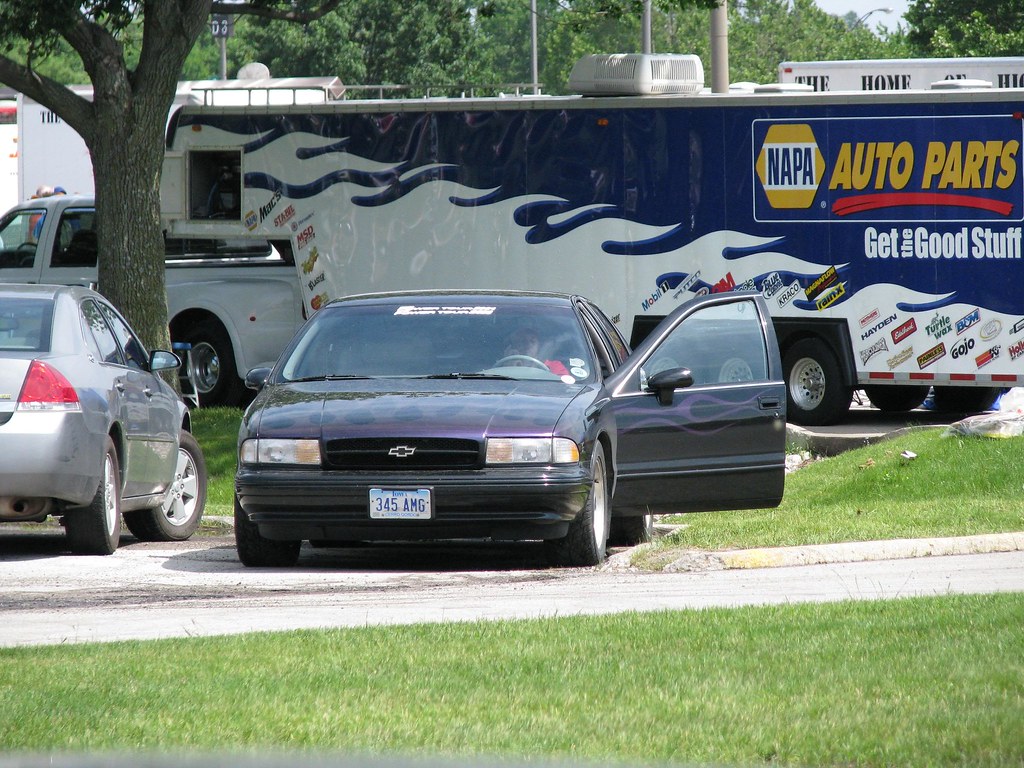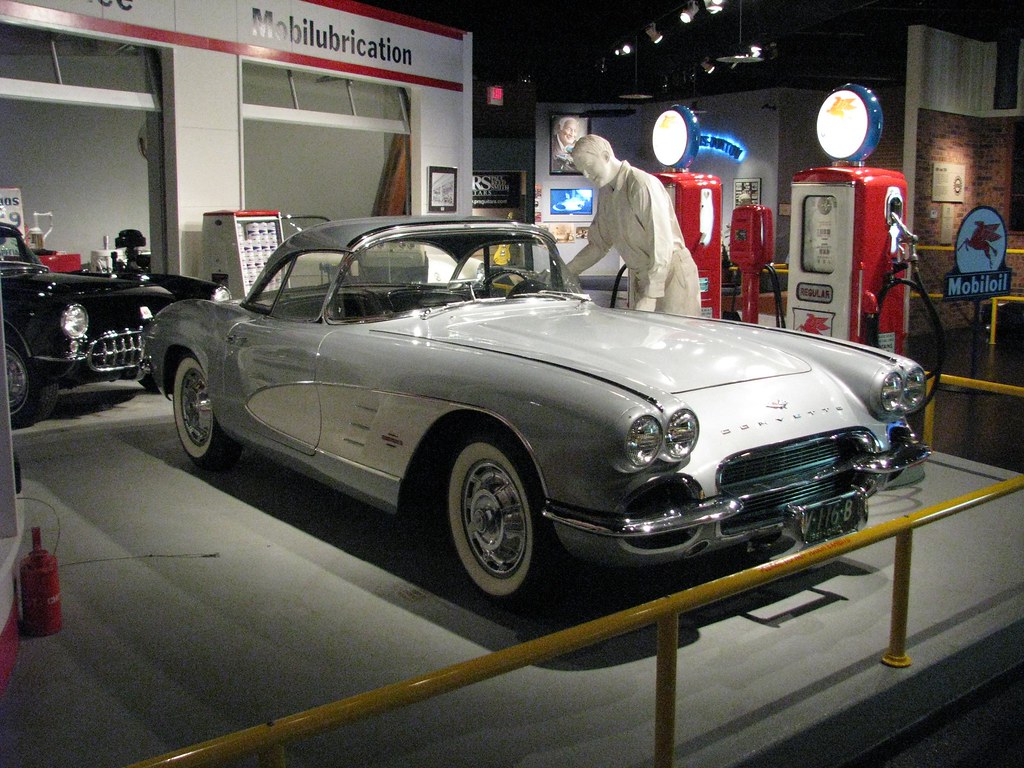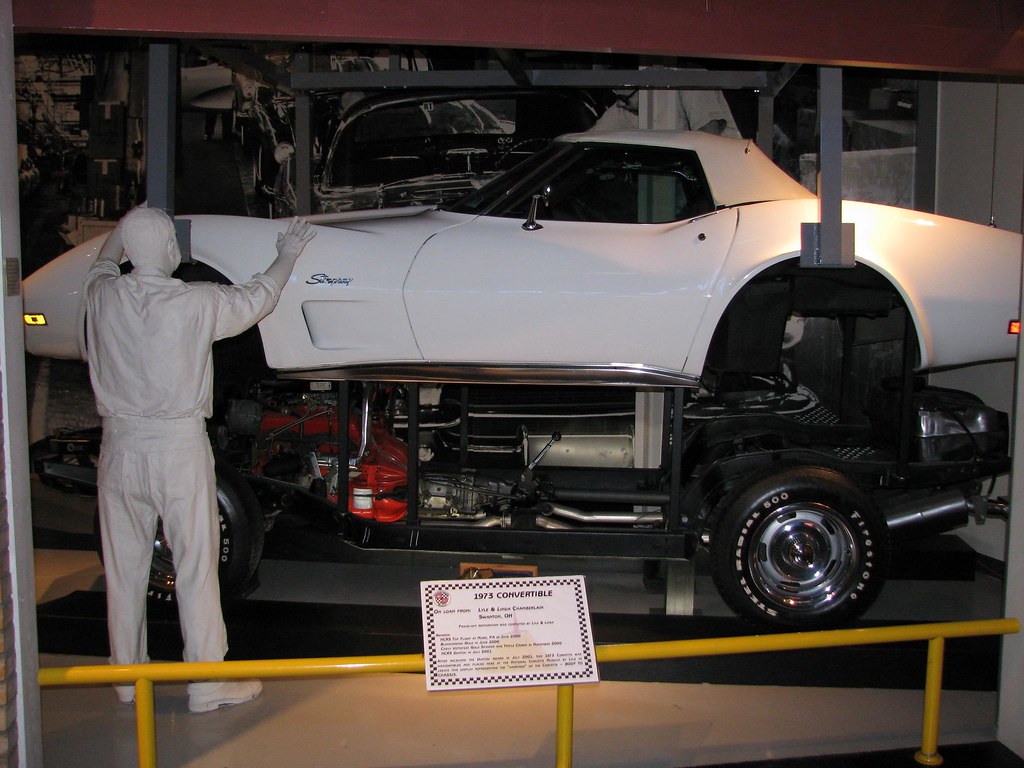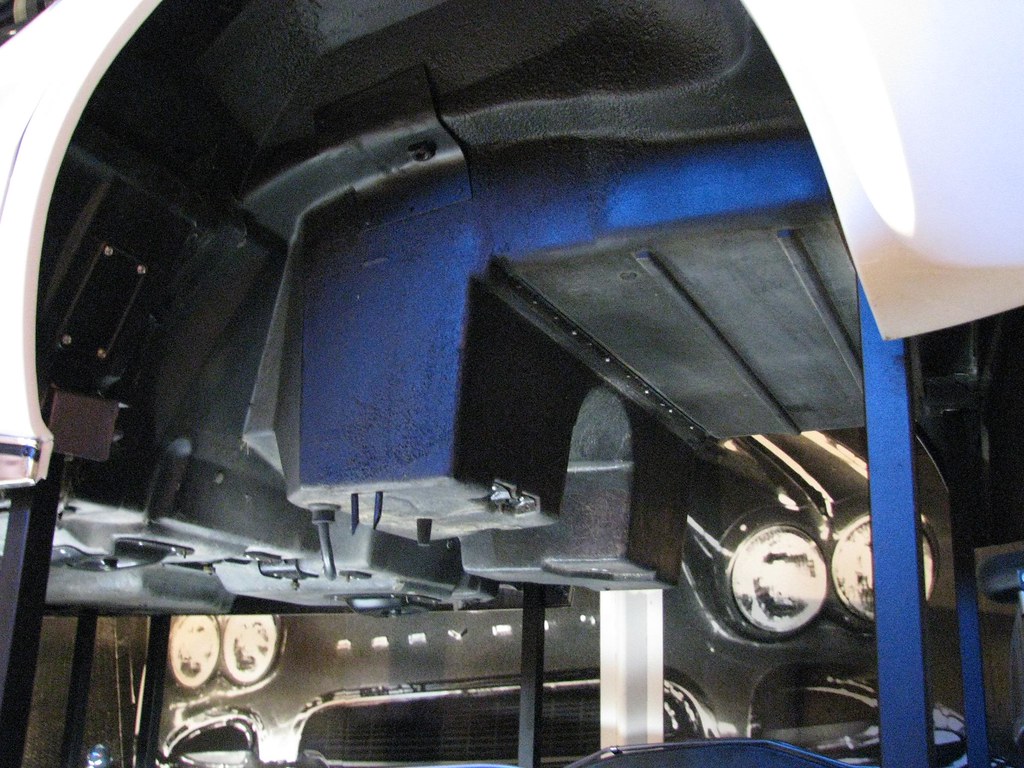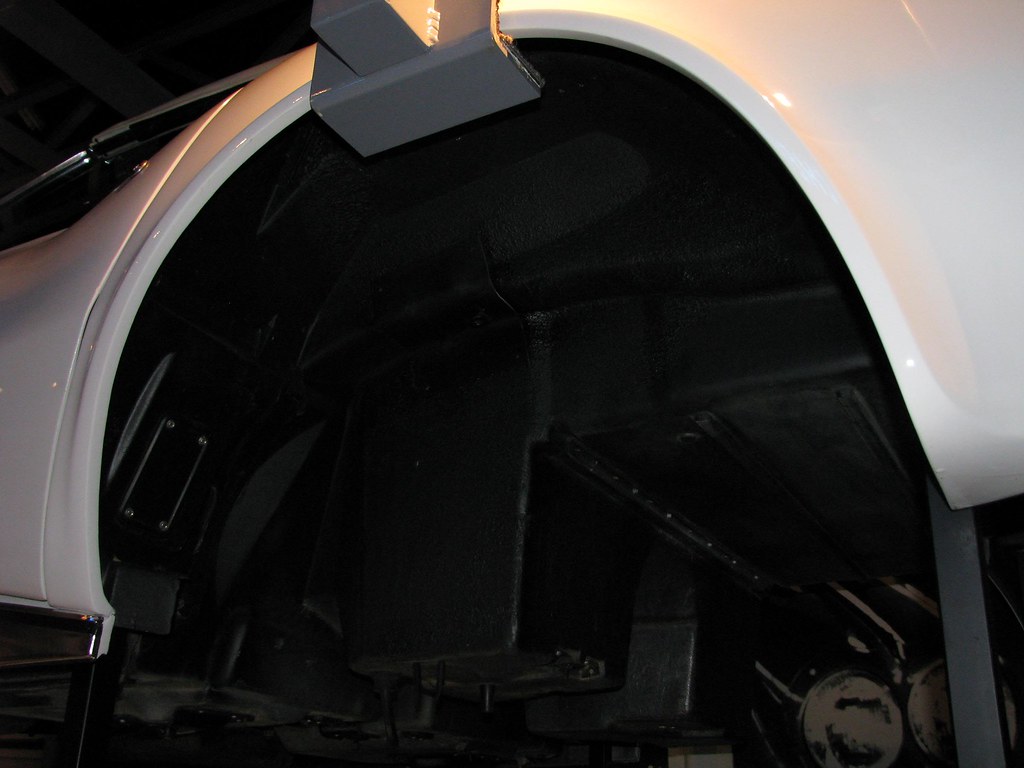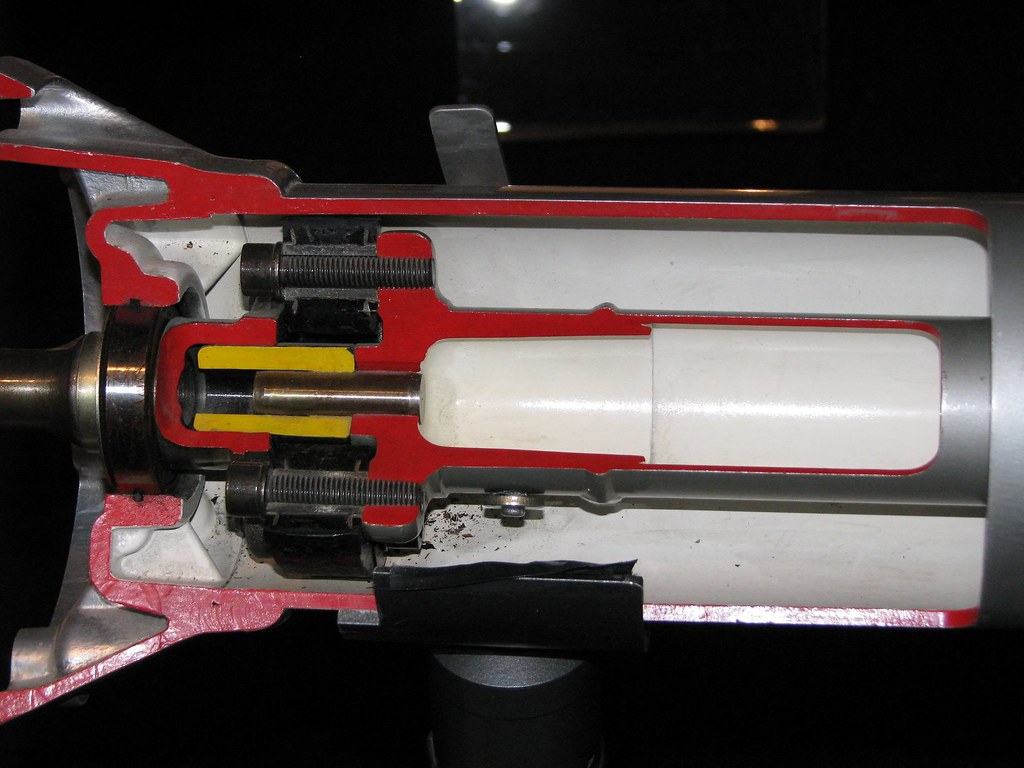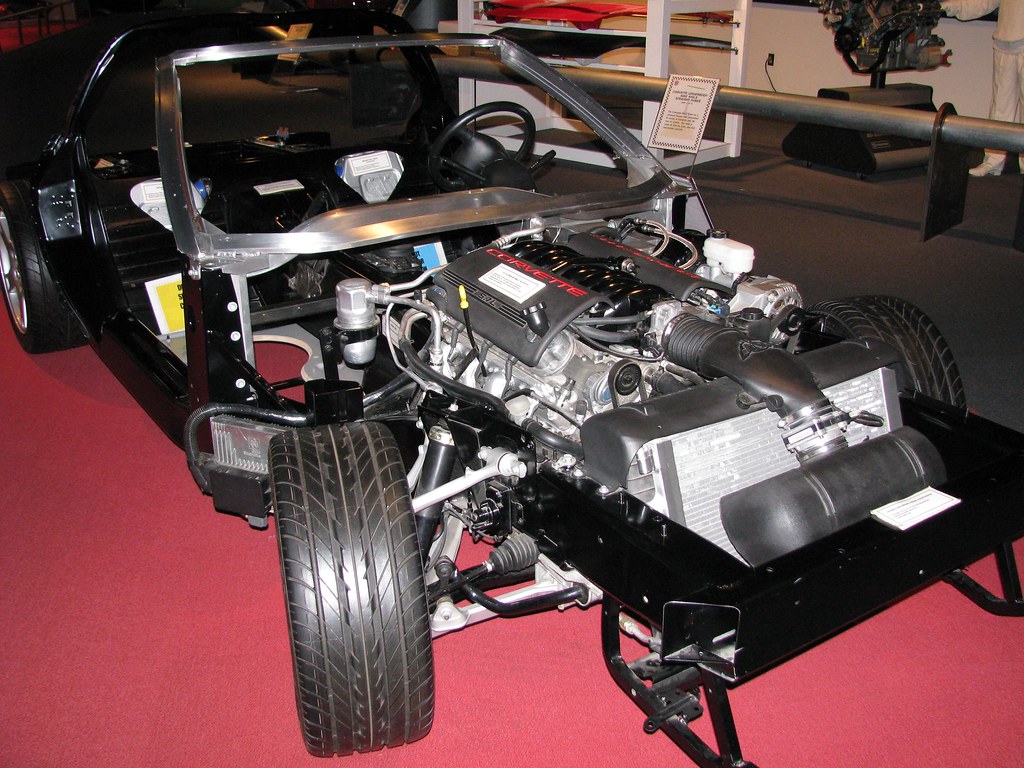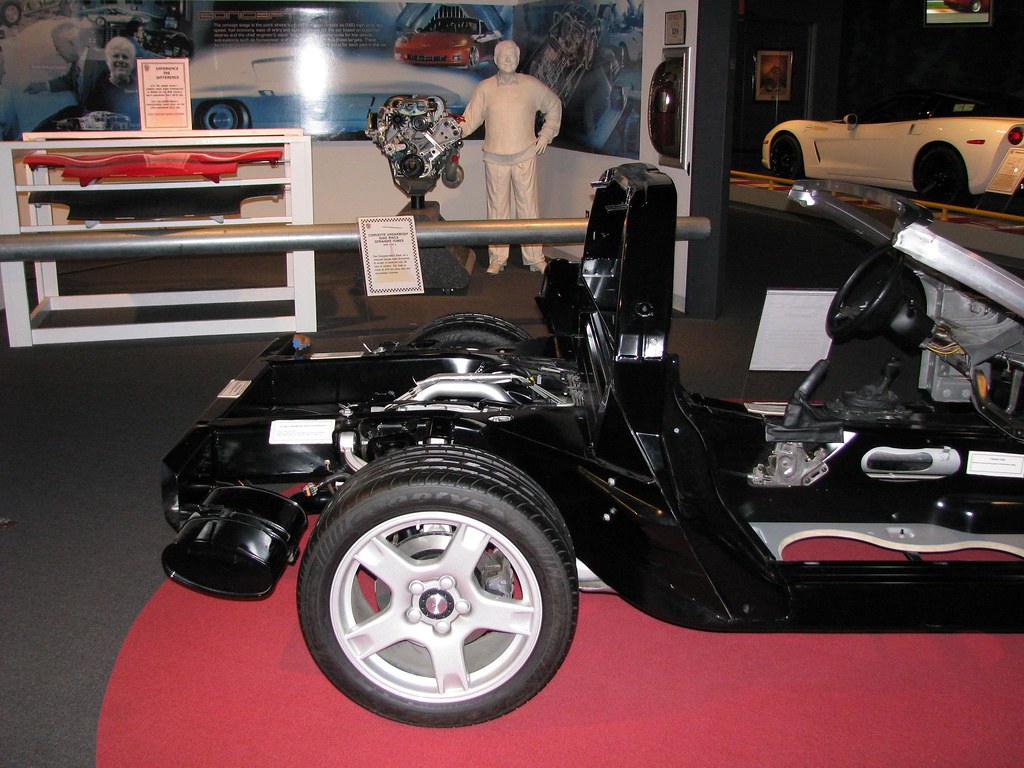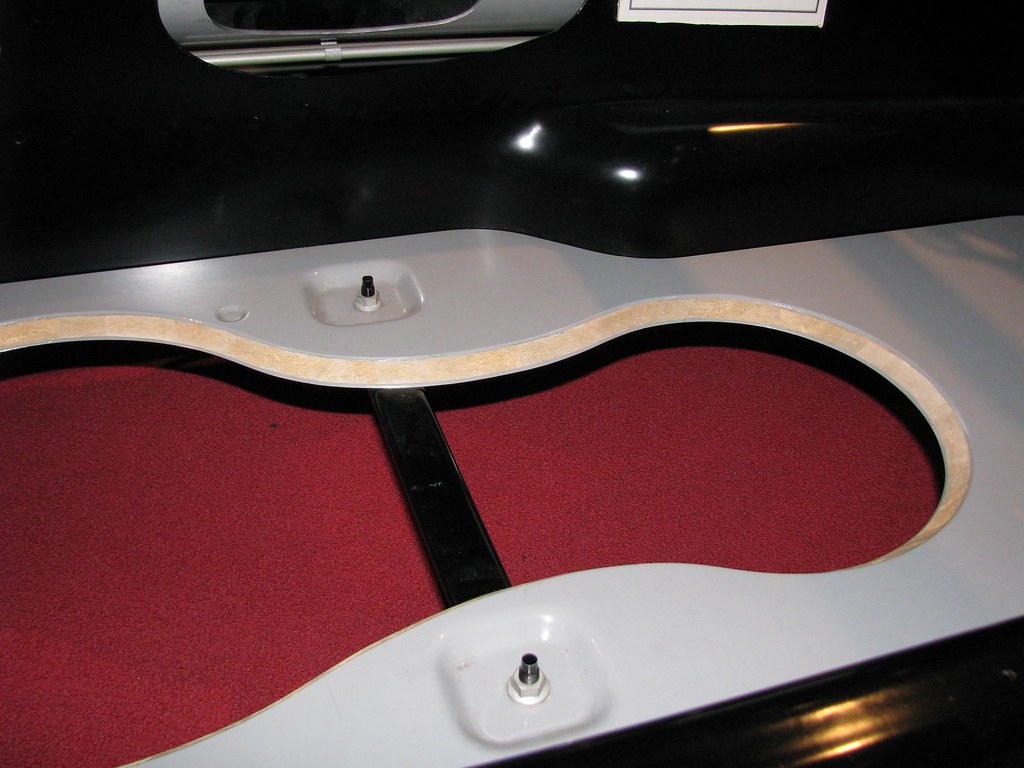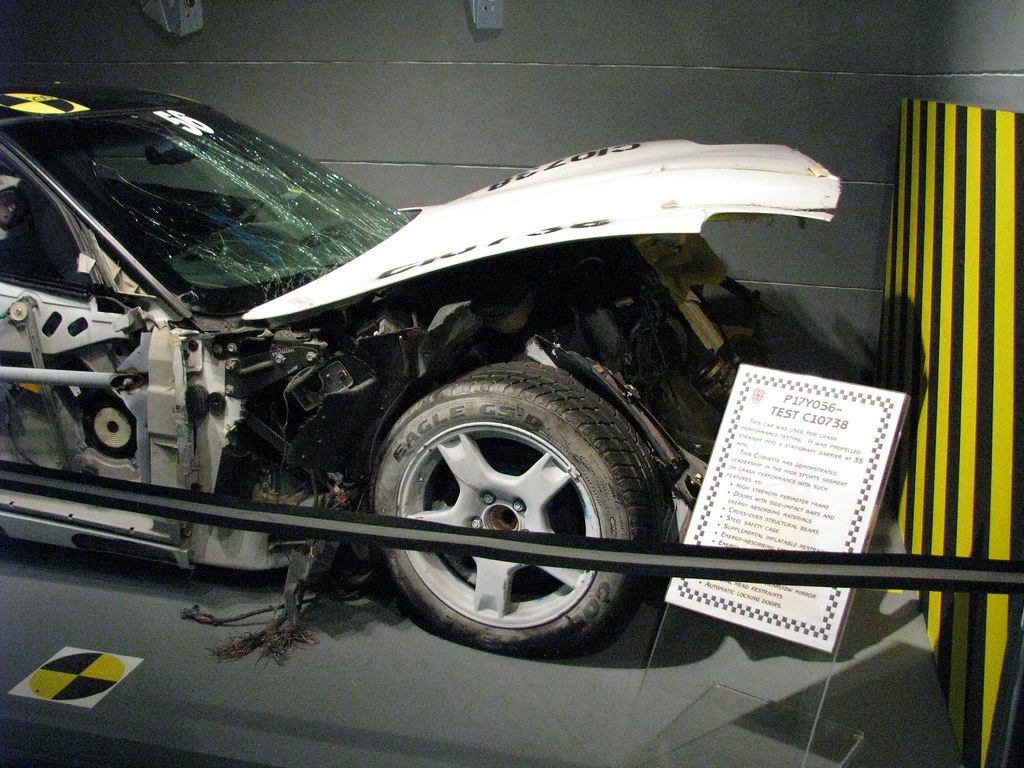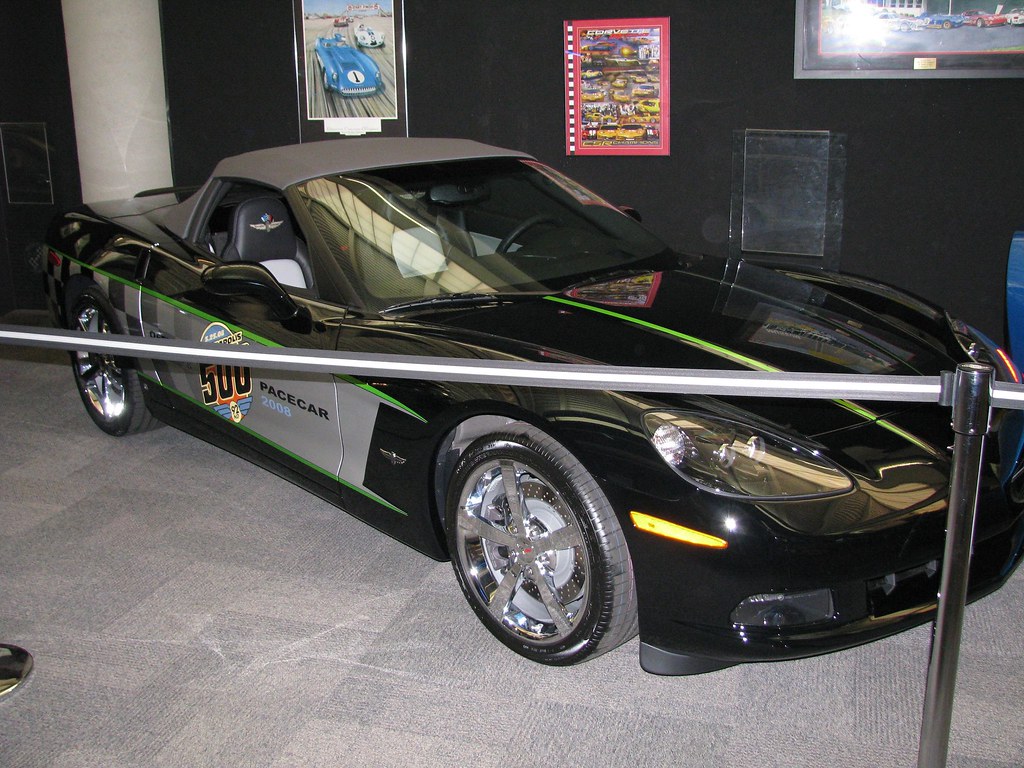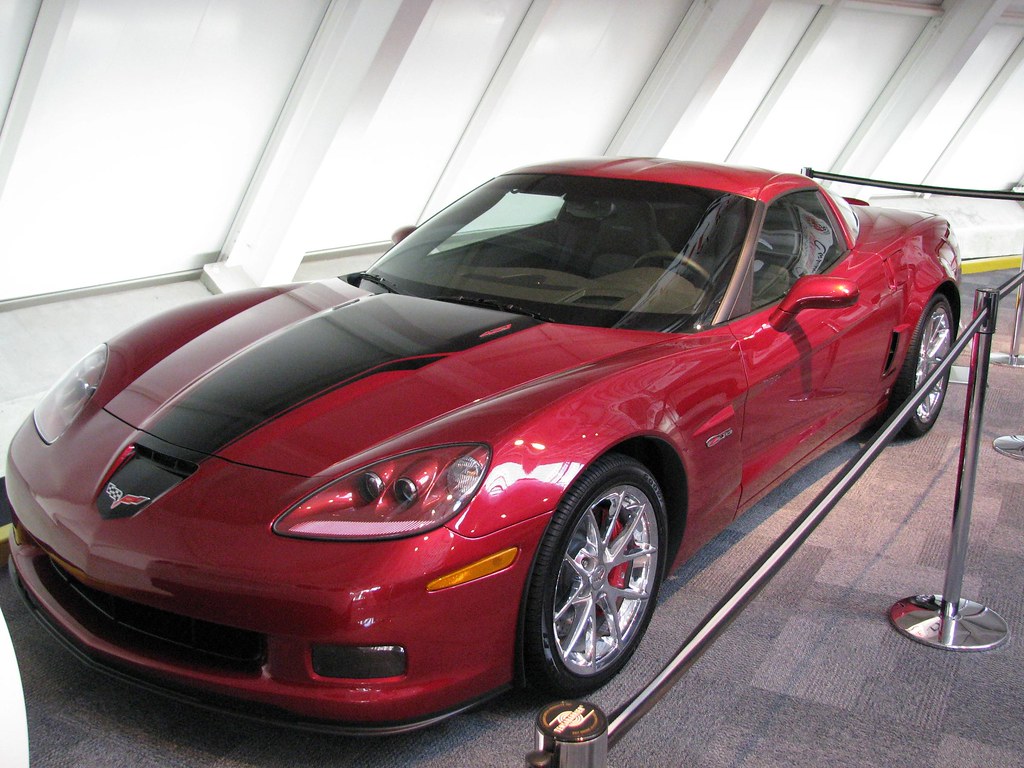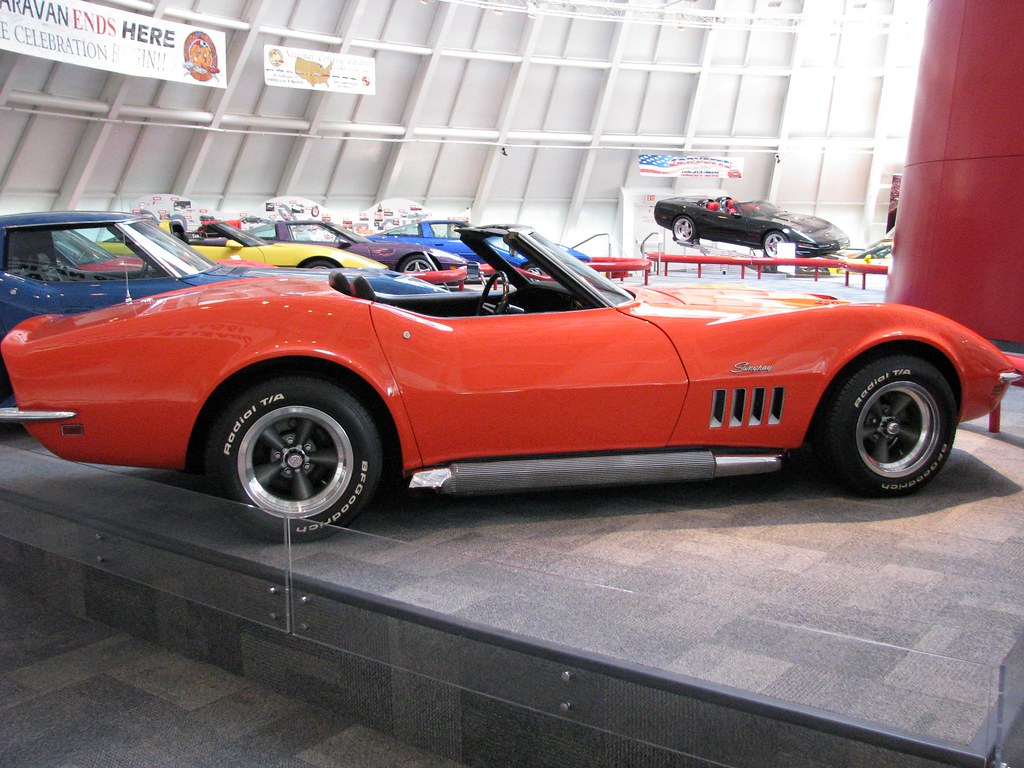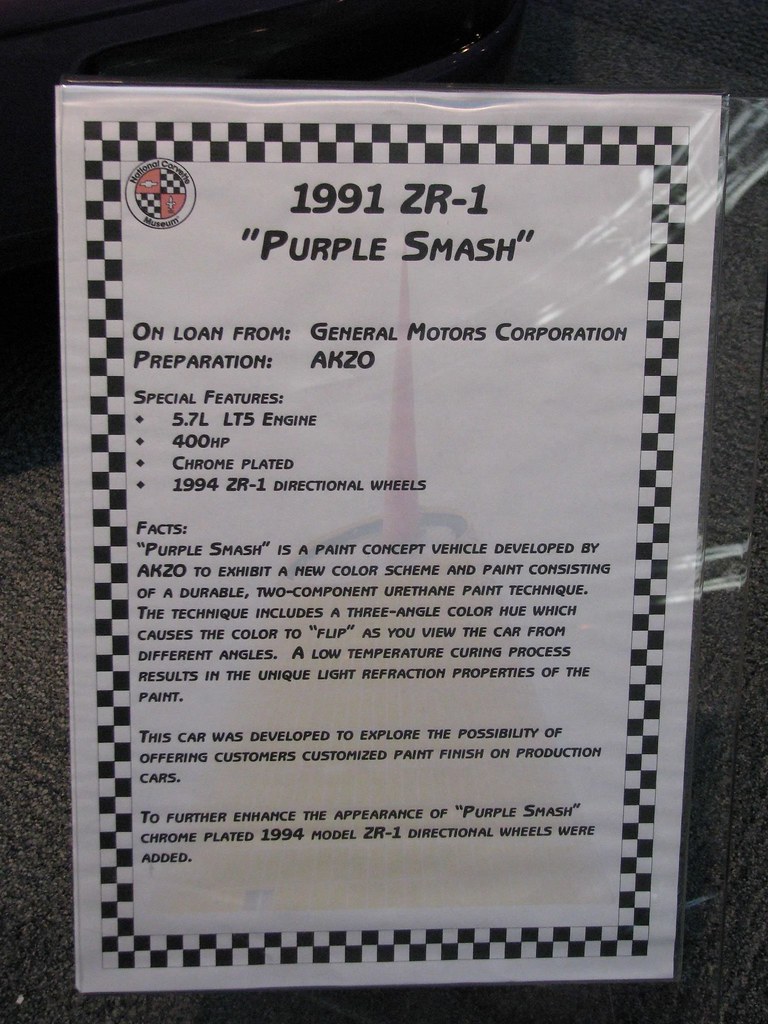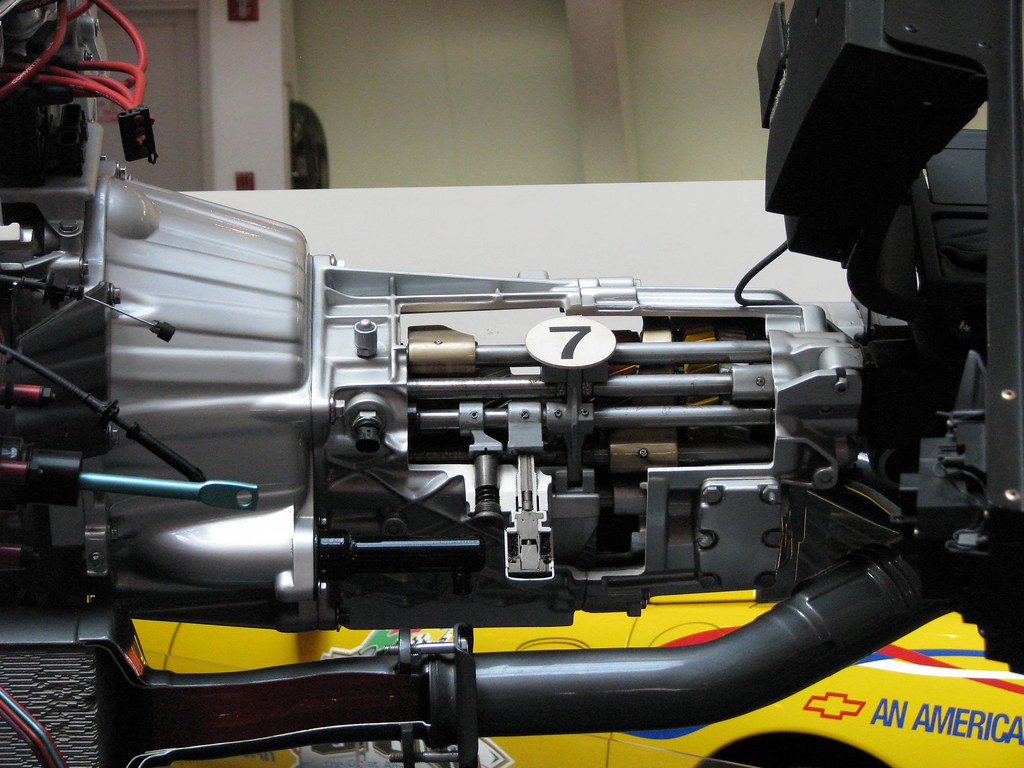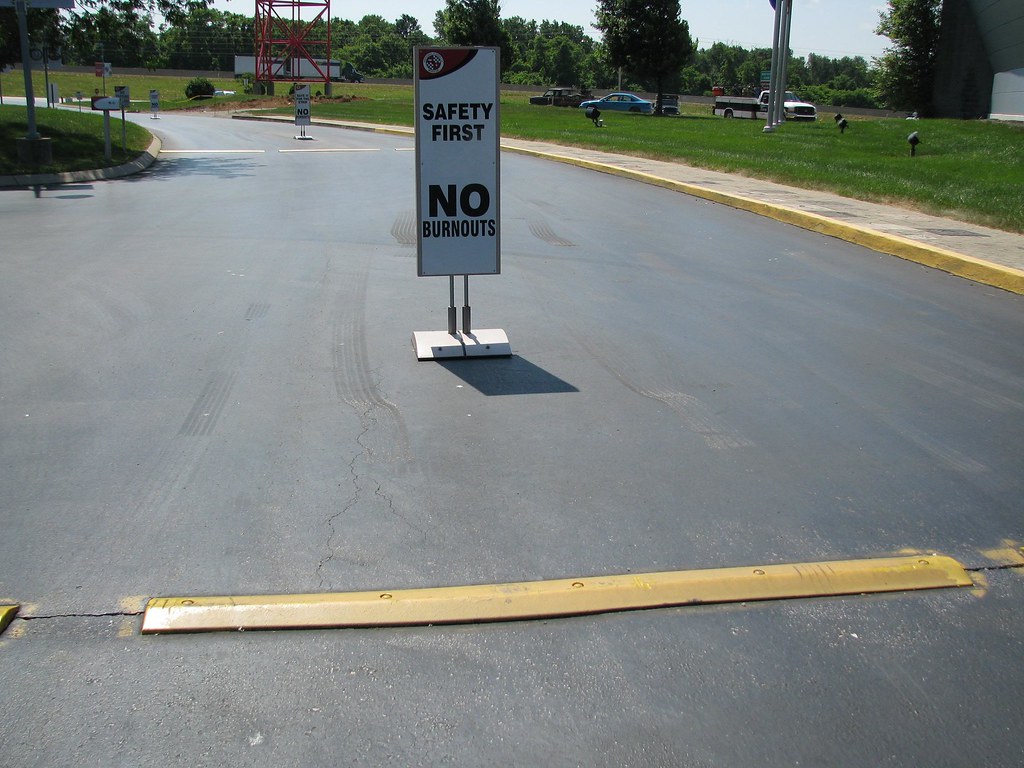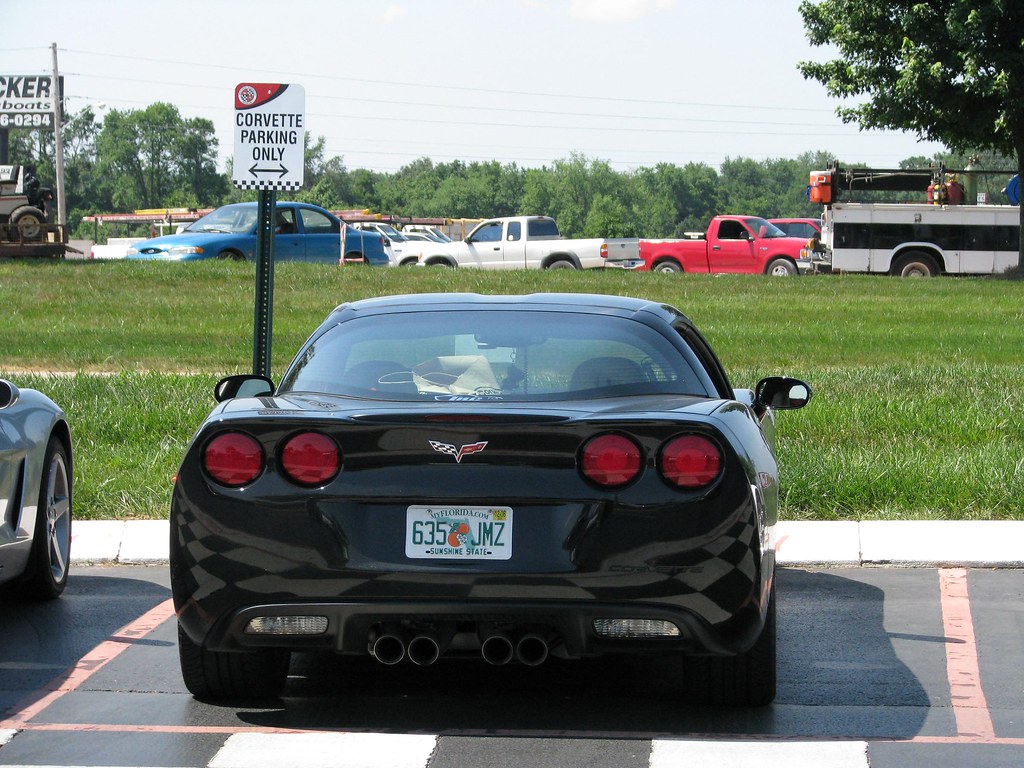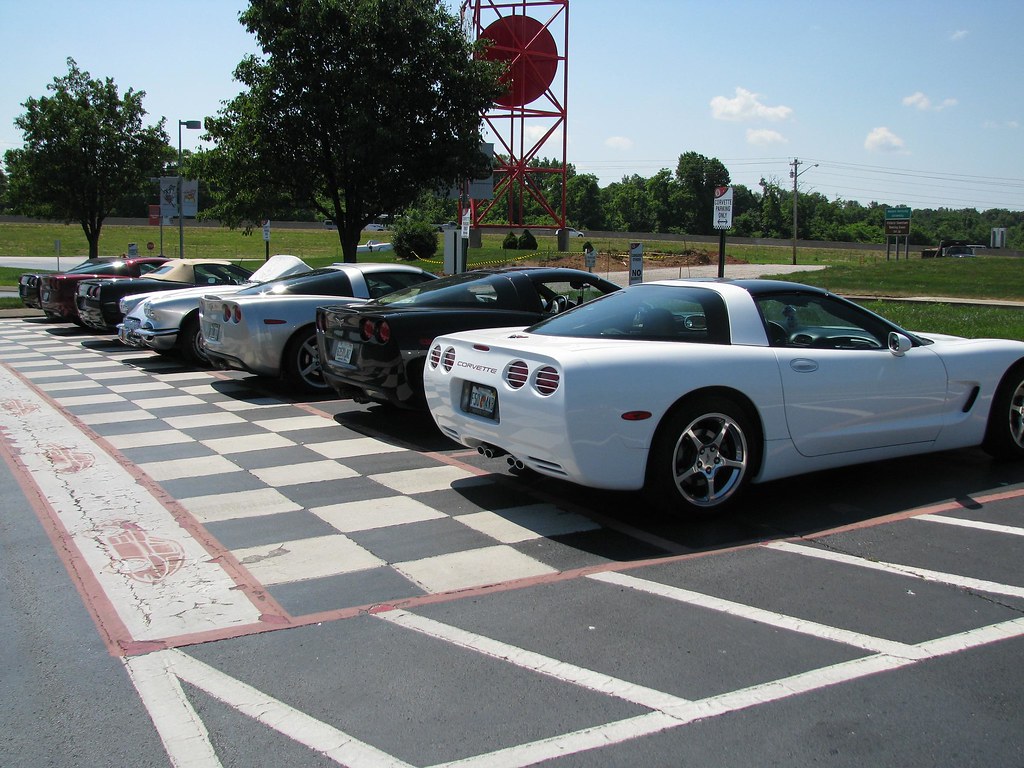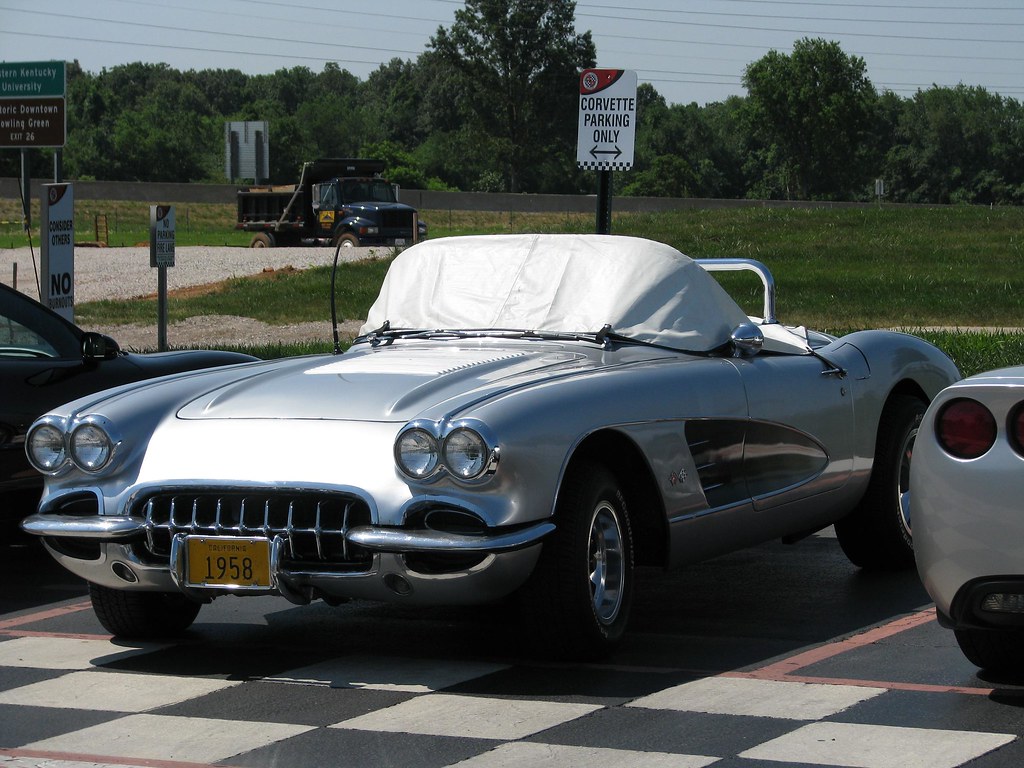For some reason I am coming across a lot of articles about how having a gun on the plane on 9/11 would have either made no difference, or would have saved the day.
When it's suggested to allow conceal carry on an aircraft, often it's mentioned that the permit holder would have an extensive background check and training.
What nobody on either side of this debate seems to have noticed; the terrorists used box cutters because you could just walk onto a plane with them.
Why does everyone seem to assume that the terrorists would not have taken the course to get the airplane CCW?
If there had been citizen conceal carry on airplanes on 9/11, there probably would have been at least one terrorist per plane with a gun. I am not certain that an armed passenger would have made much difference on that day anyway. The thing that even my Dad noticed; hijackers never killed the entire plane! He related that he would probably have sat in his seat and waited for the plane to land and the negotiations to begin. If he'd had a gun, he would have waited until the plane was on the ground before starting anything because you might be able to use one of the emergency exits.
30 June 2008
28 June 2008
I'm Gonna Git Medieval On Your Ass
The YHM Phantom 5C2 that came with my 6.8 upper was intended for a 7.62 NATO rifle, thus it was too damn big for a 6.8 rifle.
This is the Troy 5.56 Medieval Flash Hider on The Lovely Harvey's carbine. I liked it a lot when she got it, but I didn't know there was a 6.8 version...
This is the Troy 6.8 Medieval Muzzle Brake on Dottie. I would have preferred a flash hider instead of a brake, but they don't make one.
There, that looks a lot better than before!
The M9 bayonet is returned to regular service too!
How it looked before...
Some modeling by The Lovely Harvey!
We need brutal muzzle attachements because the damn jackals surround us in a threatening manner quite regularly! This is her carbine, by the way.
Biscayne SS Status Report
In case I didn't mention it, we've had the Biscayne SS running for a while.
Today Marv and I got the air conditioning running.
Had two minor irritations with it. First we got a whiz-bang variable oriface valve. This should let the AC work better at idle. There was no obvious front or back, so we put it in backwards. Of course, once in wrong, it wouldn't come back out. We had to pick it out a little bit at a time with needle-nose pliers.
Second irritation was once the system was all sealed up and charged that the compressor wouldn't engage. Marv discovered that if he jumpered the relay, the compressor would come on. Pressure was correct, so there was no reason for the system to not be running. For some reason the computer was not sending the signal to trip the relay. We took a break to eat (DAMN GOOD PORK CHOPS HONEY!) and I mulled it over in my mind.
The wiring for the engine swap is something of a Frankenstein disaster under the hood. I suggested to Marv that perhaps one of the wires no longer made it all the way from under the hood to the computer. So we took the dash apart and checked resistance to all the wires. The 5v signal from the PCM to the high pressure transducer had a 4k ohm reading! Marv respliced it into the wire I had originally selected and suddenly we had AC!
Stuff that is left to do:
Put the new carpet in.
Install the powder coated calipers and drums.
Fix the rear window on the driver's side, it's off track.
Switch the instrument cluster from the Olds to a 9C1 (The Lovely Harvey prefers the digital speedo).
Get the Biscayne emblems on.
Install a hidden antenna.
23 June 2008
Iowa Floods
I took a metric buttload of pictures of the flooding. Tim took a buttload more.
Go here for the album: https://www.flickr.com/photos/8553502@N05/sets/72157649744887021/
Go here for the album: https://www.flickr.com/photos/8553502@N05/sets/72157649744887021/
This is a whirlpool near S 16th in Ames.
Trip Photos
White Castle in Bowling Green, KY across the street from the hotel.
The original Starbuck's! A Nevada, IA tradition since my parents were dating in 1959! No fruffie coffee drinks and oddly titled counter help here. Just good, hearty, Iowa food.
Tenderloin and cheddar cheese balls!
Some of the flooding near Oskaloosa, IA along Route 163.
It's hard to see, but this is in Ottumwa, IA from the S. Wappello St Bridge over the Des Moines River.
The Boy and the puppy at first rest stop in Florida.
Shi Shu is not a real happy passenger, but he coped pretty well.
He even helps drive if you let him crawl up there...
22 June 2008
Still More On Rights
I'm a believer in the distinction between positive and negative rights. Put simply, whether a right is positive or negative depends on what an outside party must do.
For example: A negative right to own a firearm means that you may not prevent me from buying one. A positive right to own a firearm means you have to buy me one. I say buy because I believe in property rights as well. A negative right to own a gun does not create a right to steal one.
I believe that almost all rights are negative. I have a right to property, but you don't have to buy me any. I have a right to life, but you don't have to save me or provide for me. I have a right to own a gun, but you don't have to issue one to me. I have a right to get an education, but you don't have to pay for it.
Rights only exist as long as they do not infringe upon the rights of others.
You cannot deprive me of my rights until you show that I am violating the rights of others. I have a right to own property. This does not grant me a right to steal. Theft is a violation of another's right to property. So I can deprive a thief of his rights when he steals from me.
I believe that once you violate one of a person's rights, you have forfeited all of yours; including right to live. Violate my property rights and I am now empowered to kill you. If through the kindness of my heart I do anything less, like restrain you until the police can collect you, I am within my rights as well. Remember, it is charity not duty that would keep a thief alive in my house.
This is an aspect of rights that the law fairly routinely gets wrong. Duties to retreat, prohibitions on using lethal force to protect property, etc...
The State is not given special immunity from retribution. There may be special forms of retribution that are used on The State, but they are accountable to the same rules as the rest of us, and should be held to a much higher standard.
Back to the police example. This guy wanted to go home to see if there was anything to salvage. The police stopped him. When he attempted to bypass the police, they jumped in front of his truck. That led to his arrest.
Lots of people are defending the police. I cannot. The State, through the police, were violating this citizen's right to his property. This is primarily because of bad law; however, I will not accept the "following orders" defense.
Now, in our example, let's change the actors around a bit.
I have decided that your house is a death trap. I wait on your lawn for you to return home and physically prevent you from entering your house when my arguments fail to convince you of the danger. Now who has committed assault?
Why is The State doing the same thing as above BETTER than an individual? Think hard before answering. It's not better. It's EXACTLY THE SAME THING!! The police do not have the power to violate my rights, look it up, any more than a common citizen. This is the fine line between subject and citizen. Subjects must do what The State tells them. Subjects only have what "rights" The State decides they have.
It has long been my position that The State should operate under stronger restrictions than individuals because, if for no other reason, The State can bring so many more resources to bear on a given event. When an individual citizen is killed, that person is all gone. When an individual agent of The State is killed, The State remains, and is not greatly diminished. To choose the noble decision to serve the community as an agent of The State means surrendering a certain amount of individuality and some of the attendant rights. Read that again, becoming a cop means you have fewer rights on the job, not more. This applies to soldiers as well. I noticed in my service contract I was surrendering many of my rights while I was enlisted in the Army. Again, I am not asking the police for anything I was not willing to give.
There is still more, but it's only slowly congealing.
For example: A negative right to own a firearm means that you may not prevent me from buying one. A positive right to own a firearm means you have to buy me one. I say buy because I believe in property rights as well. A negative right to own a gun does not create a right to steal one.
I believe that almost all rights are negative. I have a right to property, but you don't have to buy me any. I have a right to life, but you don't have to save me or provide for me. I have a right to own a gun, but you don't have to issue one to me. I have a right to get an education, but you don't have to pay for it.
Rights only exist as long as they do not infringe upon the rights of others.
You cannot deprive me of my rights until you show that I am violating the rights of others. I have a right to own property. This does not grant me a right to steal. Theft is a violation of another's right to property. So I can deprive a thief of his rights when he steals from me.
I believe that once you violate one of a person's rights, you have forfeited all of yours; including right to live. Violate my property rights and I am now empowered to kill you. If through the kindness of my heart I do anything less, like restrain you until the police can collect you, I am within my rights as well. Remember, it is charity not duty that would keep a thief alive in my house.
This is an aspect of rights that the law fairly routinely gets wrong. Duties to retreat, prohibitions on using lethal force to protect property, etc...
The State is not given special immunity from retribution. There may be special forms of retribution that are used on The State, but they are accountable to the same rules as the rest of us, and should be held to a much higher standard.
Back to the police example. This guy wanted to go home to see if there was anything to salvage. The police stopped him. When he attempted to bypass the police, they jumped in front of his truck. That led to his arrest.
Lots of people are defending the police. I cannot. The State, through the police, were violating this citizen's right to his property. This is primarily because of bad law; however, I will not accept the "following orders" defense.
Now, in our example, let's change the actors around a bit.
I have decided that your house is a death trap. I wait on your lawn for you to return home and physically prevent you from entering your house when my arguments fail to convince you of the danger. Now who has committed assault?
Why is The State doing the same thing as above BETTER than an individual? Think hard before answering. It's not better. It's EXACTLY THE SAME THING!! The police do not have the power to violate my rights, look it up, any more than a common citizen. This is the fine line between subject and citizen. Subjects must do what The State tells them. Subjects only have what "rights" The State decides they have.
It has long been my position that The State should operate under stronger restrictions than individuals because, if for no other reason, The State can bring so many more resources to bear on a given event. When an individual citizen is killed, that person is all gone. When an individual agent of The State is killed, The State remains, and is not greatly diminished. To choose the noble decision to serve the community as an agent of The State means surrendering a certain amount of individuality and some of the attendant rights. Read that again, becoming a cop means you have fewer rights on the job, not more. This applies to soldiers as well. I noticed in my service contract I was surrendering many of my rights while I was enlisted in the Army. Again, I am not asking the police for anything I was not willing to give.
There is still more, but it's only slowly congealing.
It Occurs To Me
that I have repeated myself several times on several issues here.
I am not changing people's minds.
Perhaps I am not all that good at expressing myself.
I will probably keep trying.
Sometimes things seem so clear, but I cannot articulate my sight into words.
I am not changing people's minds.
Perhaps I am not all that good at expressing myself.
I will probably keep trying.
Sometimes things seem so clear, but I cannot articulate my sight into words.
21 June 2008
Rights
From reading the background materials that the authors of our fine constitution recommended, I have come to the conclusion that rights are...
Rights are something that The State cannot pass ANY laws to stop me from doing. If I have a right to free speech, they are forbidden to pass a law telling me what I am allowed to say and where I am allowed to say it.
Rights do come with consequences. The classic example is yelling, "fire!" in a crowded theatre. I have a right to yell, "fire!" whenever I want. I do not have a right to be immune to the effects of my yelling. If someone dies in the stampede to get out, I have committed manslaughter. This is a subtle distinction about the right.
Recently I mentioned that a homeowner has a right to access his property. That means the state cannot, ever, bar my way. There are consequences to entering one's property in a disaster area. If a responsible adult is willing to accept those risks, then so be it. For disaster roadblocks, the cops should be filtering for people who don't have a right to be there. If I leave my property and start looting the neighbors, I am no longer within my rights and the police can now do something against me.
Remember, we are talking about rights, not law. Laws say lots of unconstitutional things. We are not talking about powers. Powers are something that "we the people" grant to government to execute our will, these powers are clearly delineated in the constitution in plain English. This is an important distinction, The State has powers, The People have rights. Laws are how The State is supposed to exercise its powers to protect The People's rights. The supporting reading pretty clearly indicates that we people are supposed to handle most disputes among ourselves. This is where the line between civil and criminal comes in.
Now, lets look at The US Constitution. No mention of a power that can prevent me from entering my property in a time of emergency. Amendments 9 and 10 specifically say that unless mentioned above, the government is not allowed. Amendment 14 applies the restrictions on the Federal government to the States (and lower jurisdictions). This means a state law that is unconstitutional under the federal constitution is unconstitutional even if it would have been legal under the state's constitution. So, since the government has no power to bar me from my rightful property, then it cannot. Seems simple doesn't it? It was supposed to be simple.
This is not a block of understanding that I am capable of delivering in a short essay. To fully grok, you'll have to pursue books by Locke, Machiavelli, Plato and Hobbes. You will need to read The Federalist Papers. Reading this stuff is painful, it's not written in modern English (or are translated). Understanding this stuff is not really difficult, but it's also not easy.
The modern police in the US is very much the standing army the anti-federalist faction were warning us about in the Federalist debate. The founders literally could not imagine our nation allowing the police such a monopoly. Citizens were expected to do most of the duties that today's police do. Not professionally, but when asked by the community. Normal citizens used to routinely be deputized to augment the very much smaller professional law enforcement personnel.
There is more, but it has not gelled.
Rights are something that The State cannot pass ANY laws to stop me from doing. If I have a right to free speech, they are forbidden to pass a law telling me what I am allowed to say and where I am allowed to say it.
Rights do come with consequences. The classic example is yelling, "fire!" in a crowded theatre. I have a right to yell, "fire!" whenever I want. I do not have a right to be immune to the effects of my yelling. If someone dies in the stampede to get out, I have committed manslaughter. This is a subtle distinction about the right.
Recently I mentioned that a homeowner has a right to access his property. That means the state cannot, ever, bar my way. There are consequences to entering one's property in a disaster area. If a responsible adult is willing to accept those risks, then so be it. For disaster roadblocks, the cops should be filtering for people who don't have a right to be there. If I leave my property and start looting the neighbors, I am no longer within my rights and the police can now do something against me.
Remember, we are talking about rights, not law. Laws say lots of unconstitutional things. We are not talking about powers. Powers are something that "we the people" grant to government to execute our will, these powers are clearly delineated in the constitution in plain English. This is an important distinction, The State has powers, The People have rights. Laws are how The State is supposed to exercise its powers to protect The People's rights. The supporting reading pretty clearly indicates that we people are supposed to handle most disputes among ourselves. This is where the line between civil and criminal comes in.
Now, lets look at The US Constitution. No mention of a power that can prevent me from entering my property in a time of emergency. Amendments 9 and 10 specifically say that unless mentioned above, the government is not allowed. Amendment 14 applies the restrictions on the Federal government to the States (and lower jurisdictions). This means a state law that is unconstitutional under the federal constitution is unconstitutional even if it would have been legal under the state's constitution. So, since the government has no power to bar me from my rightful property, then it cannot. Seems simple doesn't it? It was supposed to be simple.
This is not a block of understanding that I am capable of delivering in a short essay. To fully grok, you'll have to pursue books by Locke, Machiavelli, Plato and Hobbes. You will need to read The Federalist Papers. Reading this stuff is painful, it's not written in modern English (or are translated). Understanding this stuff is not really difficult, but it's also not easy.
The modern police in the US is very much the standing army the anti-federalist faction were warning us about in the Federalist debate. The founders literally could not imagine our nation allowing the police such a monopoly. Citizens were expected to do most of the duties that today's police do. Not professionally, but when asked by the community. Normal citizens used to routinely be deputized to augment the very much smaller professional law enforcement personnel.
There is more, but it has not gelled.
20 June 2008
Clarification
I am sometimes caught trying to explain WHY I am so opposed to some of the "reasonable restrictions" on firearms ownership.
It all comes down to, "It must be impossible for the Government to confiscate all of the guns, and to know with any certainty that they have done so."
A registration list of guns can be used to confiscate them. Such lists have, in fact, been used for just such purposes in New Jersey and California. Without such lists the government does not KNOWthat I have a particular firearm. They may suspect, but they will not know. Nor will I have to explain where said gun has gone if they cannot find it during a search to confiscate it.
There are several back-doors into defacto registration.
There's an LBJ quote that sums up gun laws nicely: "You do not examine legislation in the light of the benefits it will convey if properly administered, but in the light of the wrongs it would do and the harms it would cause if improperly administered." I would add, let the opposition define "improperly administered" because their imagination will be bigger than yours about what can go wrong. LBJ didn't, and he signed GCA68.
It all comes down to, "It must be impossible for the Government to confiscate all of the guns, and to know with any certainty that they have done so."
A registration list of guns can be used to confiscate them. Such lists have, in fact, been used for just such purposes in New Jersey and California. Without such lists the government does not KNOWthat I have a particular firearm. They may suspect, but they will not know. Nor will I have to explain where said gun has gone if they cannot find it during a search to confiscate it.
There are several back-doors into defacto registration.
There's an LBJ quote that sums up gun laws nicely: "You do not examine legislation in the light of the benefits it will convey if properly administered, but in the light of the wrongs it would do and the harms it would cause if improperly administered." I would add, let the opposition define "improperly administered" because their imagination will be bigger than yours about what can go wrong. LBJ didn't, and he signed GCA68.
Freedom Of Movement
There's been some news about the Iowa State Patrol arresting a guy who attempted to bypass a police road-block to return to his home to see how much damage there was from the flooding and to salvage what he could.
The police are barring residents from returning home "for their own safety".
I have some mixed feelings about this. The core of my misgivings is from, "If there is one place where I definitely have a right to be, it's my own home or property." If I have a right to be there, you have no power to bar me from getting there. This is how rights are supposed to work folks.
Some objections I am hearing:
"But it's dangerous!" OK, so it's dangerous. Warn me that it is. Warn me that emergency services are not available. Warn me that looters are being shot, so don't be outside of where you have a right to be. Once that's taken care of, I am on my own and nobody else can be held liable for me being crushed by my roof if it collapses on me while I am attempting salvage.
"The police have a duty to protect you!" They do? Then why all the court cases where they fight tooth and nail to avoid being held accountable for the death of a given person?
I have more, it just hasn't jelled into a coherent post yet.
The police are barring residents from returning home "for their own safety".
I have some mixed feelings about this. The core of my misgivings is from, "If there is one place where I definitely have a right to be, it's my own home or property." If I have a right to be there, you have no power to bar me from getting there. This is how rights are supposed to work folks.
Some objections I am hearing:
"But it's dangerous!" OK, so it's dangerous. Warn me that it is. Warn me that emergency services are not available. Warn me that looters are being shot, so don't be outside of where you have a right to be. Once that's taken care of, I am on my own and nobody else can be held liable for me being crushed by my roof if it collapses on me while I am attempting salvage.
"The police have a duty to protect you!" They do? Then why all the court cases where they fight tooth and nail to avoid being held accountable for the death of a given person?
I have more, it just hasn't jelled into a coherent post yet.
Jews In The Attic
Quoted in its entirety, with the author's permission. http://www.joehuffman.org/Freedom/JewsInTheAttic.htm
To the best of my knowledge I am the originator of this test and the name I use to describe it. It first came about in 1999 while I was working with Cease Fear (Cease Fear predates The Pink Pistolsby about a year although the Pink Pistols is far more successful). We were putting hand-outs in the shops in the Capital Hill area of Seattle for NRA Refuse to Be A Victim and Home Firearm Safety classes. The Capital Hill area is well known LGBT (Lesbian, Gay, Bi, and Trans-sexual) community in the Seattle area. Our goal was to teach people of the LGBT community how to defend themselves against people who would attack them (gay-bashings). Several of the others and I in Cease Fear were certified NRA firearms instructors and were willing to donate our time to help make their lives safer. One of the discussions we had amongst ourselves as we walked from shop to shop was how to explain to others how important our right to keep and bear arms was to our freedom. People tend to understand the importance of freedom of speech and the freedom of the press pretty well and some of the other rights guaranteed by the Bill of Rights. But the Second Amendment was and is viewed as unimportant and perhaps even counterproductive by many in today's society. I explained to the others in my little band of activists that I looked at all laws that restricted freedom with a view to the impact it would have in a worst case scenario of our government run amok. Will this law make it difficult or impossible to protect innocent life from a government intent on their imprisonment or death? Although I pretty much made everything up on the spot I told them I called this test my "Jews In The Attic Test". Furthermore I told them that if it fails this test no further discussion is really needed, the law must be opposed in the most vigorous manner possible.
Some laws that fail the test and why:
Government mandated ID cards and the authority to demand them at any time. The oppressed class will be unable to masquerade as a member of the neutral or oppressor classes.
Searches without probable cause. Imagine you are attempting to smuggle your "Jews in the attic" to a safer hiding place. If the police at the roadblock can search all vehicles then you and your precious cargo are headed to the "work camps".
Government monopoly on medical care. This is a bit surprising -- isn't it? If it is illegal for you to pay someone for anonymous health care then how can your "Jews in the attic" receive health care?
Firearm or firearm owner registration. The registration information can be used to confiscate the firearms used to protect innocent life -- as it was under the 1938 Weapons Control Act in Nazi Germany.
Elimination or severe restriction of anonymous financial transactions. The purchase of food and other supplies for your "Jews in the attic" would show up in the records as being excessive compared to what your needs were. Just as power consumption records are used today to catch home marijuana growers.
I continue to use this test to this day and advocate it's widespread use by others.
To the best of my knowledge I am the originator of this test and the name I use to describe it. It first came about in 1999 while I was working with Cease Fear (Cease Fear predates The Pink Pistolsby about a year although the Pink Pistols is far more successful). We were putting hand-outs in the shops in the Capital Hill area of Seattle for NRA Refuse to Be A Victim and Home Firearm Safety classes. The Capital Hill area is well known LGBT (Lesbian, Gay, Bi, and Trans-sexual) community in the Seattle area. Our goal was to teach people of the LGBT community how to defend themselves against people who would attack them (gay-bashings). Several of the others and I in Cease Fear were certified NRA firearms instructors and were willing to donate our time to help make their lives safer. One of the discussions we had amongst ourselves as we walked from shop to shop was how to explain to others how important our right to keep and bear arms was to our freedom. People tend to understand the importance of freedom of speech and the freedom of the press pretty well and some of the other rights guaranteed by the Bill of Rights. But the Second Amendment was and is viewed as unimportant and perhaps even counterproductive by many in today's society. I explained to the others in my little band of activists that I looked at all laws that restricted freedom with a view to the impact it would have in a worst case scenario of our government run amok. Will this law make it difficult or impossible to protect innocent life from a government intent on their imprisonment or death? Although I pretty much made everything up on the spot I told them I called this test my "Jews In The Attic Test". Furthermore I told them that if it fails this test no further discussion is really needed, the law must be opposed in the most vigorous manner possible.
Some laws that fail the test and why:
Government mandated ID cards and the authority to demand them at any time. The oppressed class will be unable to masquerade as a member of the neutral or oppressor classes.
Searches without probable cause. Imagine you are attempting to smuggle your "Jews in the attic" to a safer hiding place. If the police at the roadblock can search all vehicles then you and your precious cargo are headed to the "work camps".
Government monopoly on medical care. This is a bit surprising -- isn't it? If it is illegal for you to pay someone for anonymous health care then how can your "Jews in the attic" receive health care?
Firearm or firearm owner registration. The registration information can be used to confiscate the firearms used to protect innocent life -- as it was under the 1938 Weapons Control Act in Nazi Germany.
Elimination or severe restriction of anonymous financial transactions. The purchase of food and other supplies for your "Jews in the attic" would show up in the records as being excessive compared to what your needs were. Just as power consumption records are used today to catch home marijuana growers.
I continue to use this test to this day and advocate it's widespread use by others.
17 June 2008
What Be Yer Pirate Name Lubber?
My pirate name is:
Bloody Harry Kidd

Every pirate lives for something different. For some, it's the open sea. For others (the masochists), it's the food. For you, it's definitely the fighting. Even though you're not always the traditional swaggering gallant, your steadiness and planning make you a fine, reliable pirate. Arr!Bloody Harry Kidd
Get your own pirate name from piratequiz.com.
part of the fidius.org network
14 June 2008
12 June 2008
Selected Power Tour Shots
As a show, it's just a bit big, but kinda lame.
As an event, the Power Tour is incredible. Road trip with your 3000 most distant buddies.
( Collapse )
HHR SS Panel in retro rat rod flat paint
Candy apple red does not photograph well.
An Anglia, just because my dad likes them I take pics of them. Not that he'd ever know I thought of him near Father's Day.
More C2 for The Lovely Harvey.
The Family Truckster! If you think you hate it now, just wait until you drive it!
One lone Impala SS from across the way.
I'm not good about getting shots of everything. The cars I didn't take pics of were pretty much in the, if you've seen one Chevelle or Camaro, you've seen them all.
11 June 2008
Well Wasn't That Just Odd
Today the MacBook Pro was HOT, the fan was running full tilt. The charger's transformer was likewise very HOT.
The machine was losing power when it went into idle mode. Two hours of idle depleted 20% of the battery when it was plugged in, but idle.
Indicated battery life had dropped from around three hours of normal use to more like one and a half hours.
Worried that I had killed the battery or perhaps the charger, I ran to the local Apple Store. There I discovered that Boinc was running full tilt, twice. It's only supposed to run when the screen saver is active. Forcing the apps to quit and removing them from the start on boot list has returned normal operation of the machine, without Boinc.
I feel kinda stupid because I used the same utility that the Mac Genius used to check on CPU usage. Only I read the graph wrong because the fully loaded graph on OSX 10.5 looks just like the nothing running graph on my Ubuntu machine. Live and learn.
The machine was losing power when it went into idle mode. Two hours of idle depleted 20% of the battery when it was plugged in, but idle.
Indicated battery life had dropped from around three hours of normal use to more like one and a half hours.
Worried that I had killed the battery or perhaps the charger, I ran to the local Apple Store. There I discovered that Boinc was running full tilt, twice. It's only supposed to run when the screen saver is active. Forcing the apps to quit and removing them from the start on boot list has returned normal operation of the machine, without Boinc.
I feel kinda stupid because I used the same utility that the Mac Genius used to check on CPU usage. Only I read the graph wrong because the fully loaded graph on OSX 10.5 looks just like the nothing running graph on my Ubuntu machine. Live and learn.
09 June 2008
National Corvette Museum Pics
I went to the National Corvette Museum and took the plant tour at the GM Bowling Green Assembly Plant (where they make the Corvette and Cadilliac XLR).
Another note: The C numbers refer to generation. C1 is 53-62; C2 is 63-67; C3 is 67-82; C4 is 84-96; C5 is 97-04, C6 is 05-13 and C7 is 14-present.
One of the older cars, not sure what year, The Lovely Harvey really digs these.
Here's a 62.
A red C2.
A C3 taken half apart to show the frame and stuff.
C3 battery box recess from underneath.
Engine end of a cut-away of the C5 torque tube. This is different from JT's! The bearing here is bolted in, his is pressed.
Transmission end showing the rubber coupler.
LT1 cut-away
Nekkid C5! This is all the structural stuff plus drivetrain.
C6 Z06 frame.
C5 Crash Mule.
2008 Indy Pace Car commemorative edition awaiting museum delivery.
The 2005 engineering test mule that Car and Driver drove across Alaska. With graffiti in the dirt from idiots who don't understand what, "do not touch," means.
JT spent $500 on a ticket to win this car in a raffle. GOOD LUCK! And if he wins I can say I touched his car first.
Orange C3 convertible because it's cool! It's DISCO!
The Boy spotted this car in the museum. Later in the plant, he asked, "Why aren't there any purple ones here?" Can't tell him they never made any.
C4 ZR-1 drivetrain and suspension with some instrumentation.
Irony, we meet again!
Exclusive parking for people who bring their Vettes to the museum.
Mine was newest, this guy was oldest, fifty years apart in just a couple parking spaces.
Another note: The C numbers refer to generation. C1 is 53-62; C2 is 63-67; C3 is 67-82; C4 is 84-96; C5 is 97-04, C6 is 05-13 and C7 is 14-present.
One of the older cars, not sure what year, The Lovely Harvey really digs these.
Here's a 62.
A red C2.
A C3 taken half apart to show the frame and stuff.
C3 battery box recess from underneath.
Engine end of a cut-away of the C5 torque tube. This is different from JT's! The bearing here is bolted in, his is pressed.
Transmission end showing the rubber coupler.
Twin turbo LT5 motor! Arr arr arr!
LT1 cut-away
Nekkid C5! This is all the structural stuff plus drivetrain.
Yes, that's wood. Balsa wood. It's sandwiched between plastic layers. Very light, very strong. Hard to beat mother nature sometimes. C5 and C6 both have this.
LT5 cut-away.
C6 Z06 frame.
C5 Crash Mule.
2008 Indy Pace Car commemorative edition awaiting museum delivery.
The one and only 1983 Corvette left.
The 2005 engineering test mule that Car and Driver drove across Alaska. With graffiti in the dirt from idiots who don't understand what, "do not touch," means.
JT spent $500 on a ticket to win this car in a raffle. GOOD LUCK! And if he wins I can say I touched his car first.
Orange C3 convertible because it's cool! It's DISCO!
The Boy spotted this car in the museum. Later in the plant, he asked, "Why aren't there any purple ones here?" Can't tell him they never made any.
C4 ZR-1 drivetrain and suspension with some instrumentation.
The mighty and unlamented ZF six speed.
Irony, we meet again!
Exclusive parking for people who bring their Vettes to the museum.
Mine was newest, this guy was oldest, fifty years apart in just a couple parking spaces.


